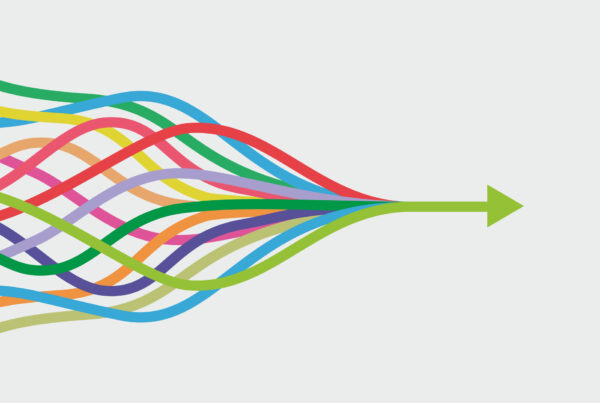I had done the research. I had kept an open mind and considered many options. But without wildly exceeding my budget, it looked impossible for me to reach New Zealand’s much-recommended Golden Bay in the time available.
And then I met Alan. And then I met Alan. (There were two men both called Alan and I met them both in quick succession.)
Alan (the first one) runs a homely hostel containing just 11 beds. His long term guest, Alan, at the ripe age of 78, has travelled the country annually on savings from a British state pension. Their welcome is warm, and despite my surprise to meet this unlikely pair in a youth hostel, I take my complementary tea and cake with them happily.
“Why don’t you just hitchhike there?” They advise in unison when I explain my situation.
Now, the idea of hitchhiking has never greatly appealed to me. Perhaps it is fear, or maybe embarrassment. My best explanation, however, is that I don’t like the idea of scrounging off somebody who has bothered to drive. What can I offer them beyond thanks? Hitchhiking isn’t my idea of a fair exchange, and having never picked up a hitchhiker myself I feel my use of it for transport would be unfair.
Older Alan (a name I make apologies for using) has never travelled any other way. People are generally lovely, he explains. They seem happy to help, enjoy the chat, and occasionally even take him out for tea or lunch en route.
Older Alan, of course, is older than me. There is a difference between an old man living off his pension standing thumb-out by the roadside, and a 21-year-old graduate chancing a free lift.
Here we are in agreement, but I am told that this is merely a surface difference. What is important is not to ‘travel for free’, but to ‘travel freely’. Not to avoid a $35 bus fare, but to avoid the point-to-point bus altogether and travel locally instead.
Next morning, before my coffee can cool, Alan has found me a lift, and no sooner is the coffee drunk than I am on the road. Not pure hitching, but close. I meet two lovely German ladies with whom I practice meine Deutsche, and we’re in Takaka by lunch.
Buoyed by this simple success, I feel determined to throw my thumb to the wind to wend my way back. And so, two days later, there I am on the S60 out of town, pack on my back, thumb out and a smile forcing unimpressed cheeks upwards.
Three minutes is all it takes for a car to pull up. Short enough time, even, for me to avoid suffering any doubt about my technique. The car is driven by local resident and ‘philosophical horticulturalist’ Guy. As we talk he lives up to his professional title, being both knowledgeable and highly opinionated about the landscape this road bisects. Further, Guy knows how to travel his county best. Gas-Guzzlers are abominable, campervans unsightly, busses unnatural and aeroplanes wasteful. His preferred method? Hitchhiking.
Hitchhiking, Guy firmly believes, is an environmentally-sound, adventurous and considerate mode of travel. He reckons his own use at over 1000 rides. 1000 destinations, 1000 saved journeys, 1000 conversations.
I arrive back at Alan’s – in the afternoon, having stopped at some quirky charity shops and a bakery for lunch – having understood their enthusiasm for hitching.
Hitchhiking isn’t stingy unless you make it stingy. If you only intend to avoid a bus fare, you aren’t fully understanding this great, mutually advantageous mode of travel.
Travel freely, not just for free.




